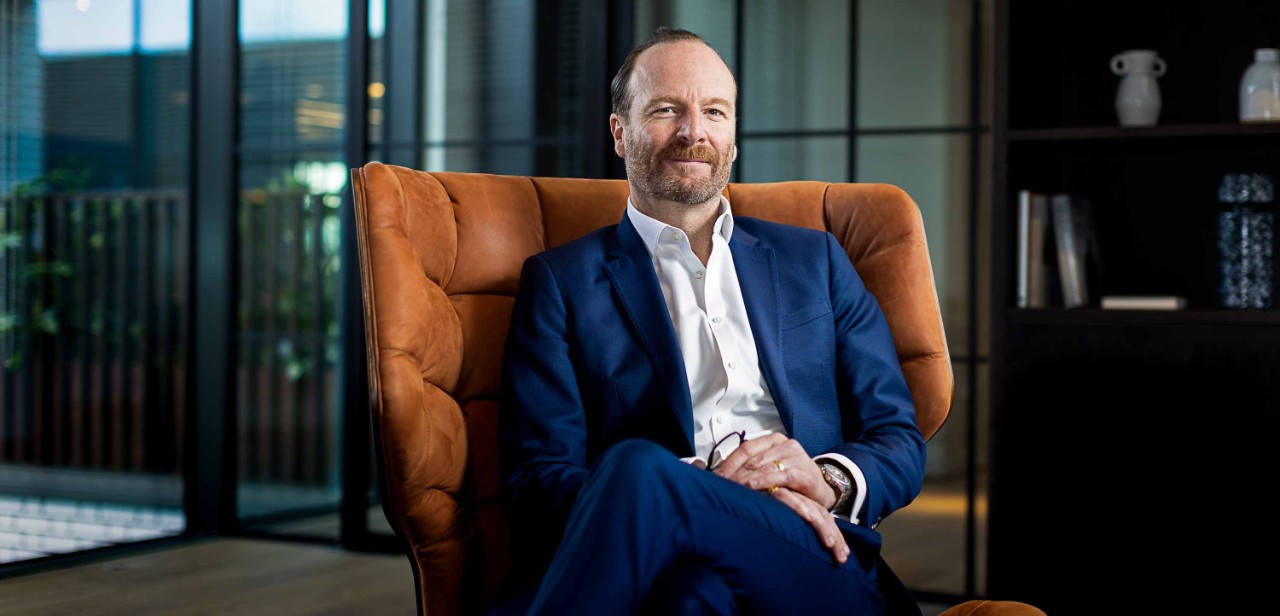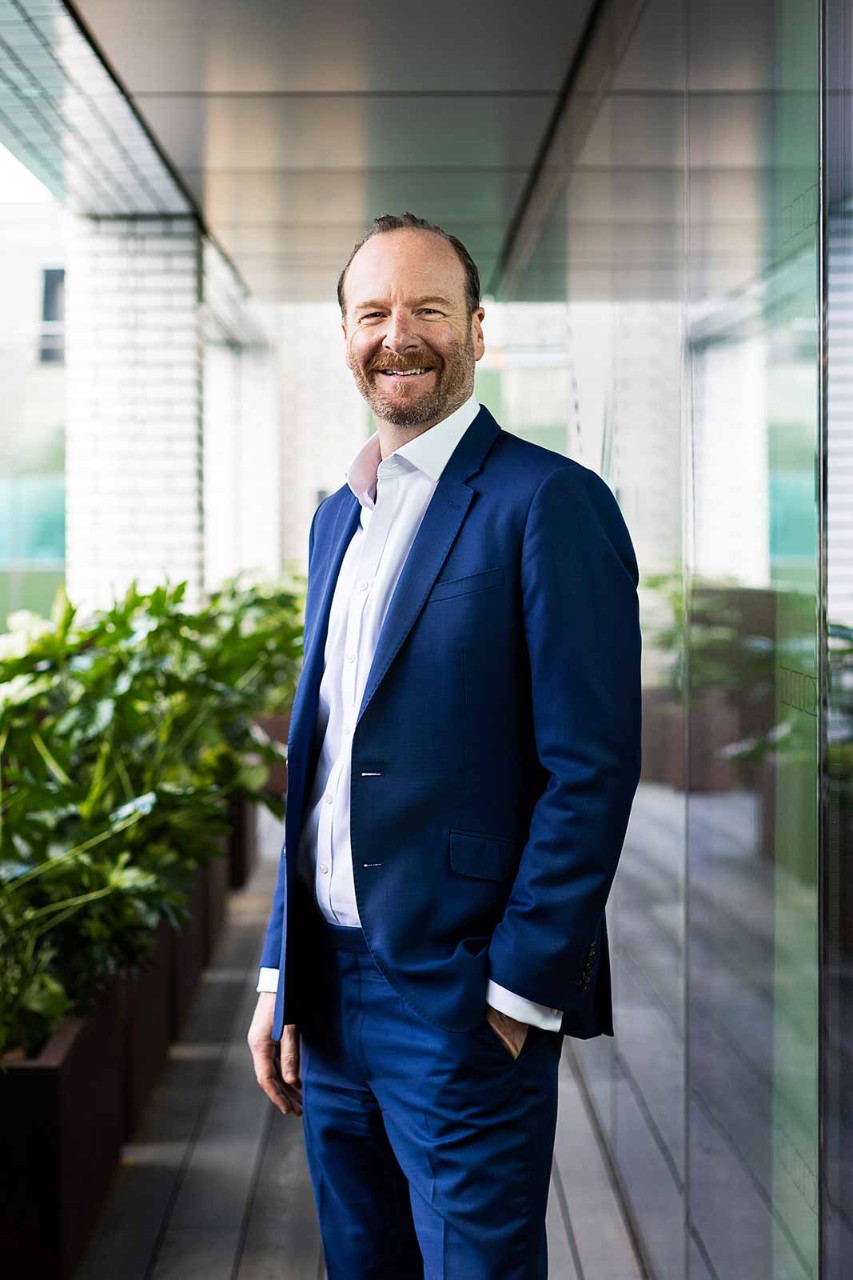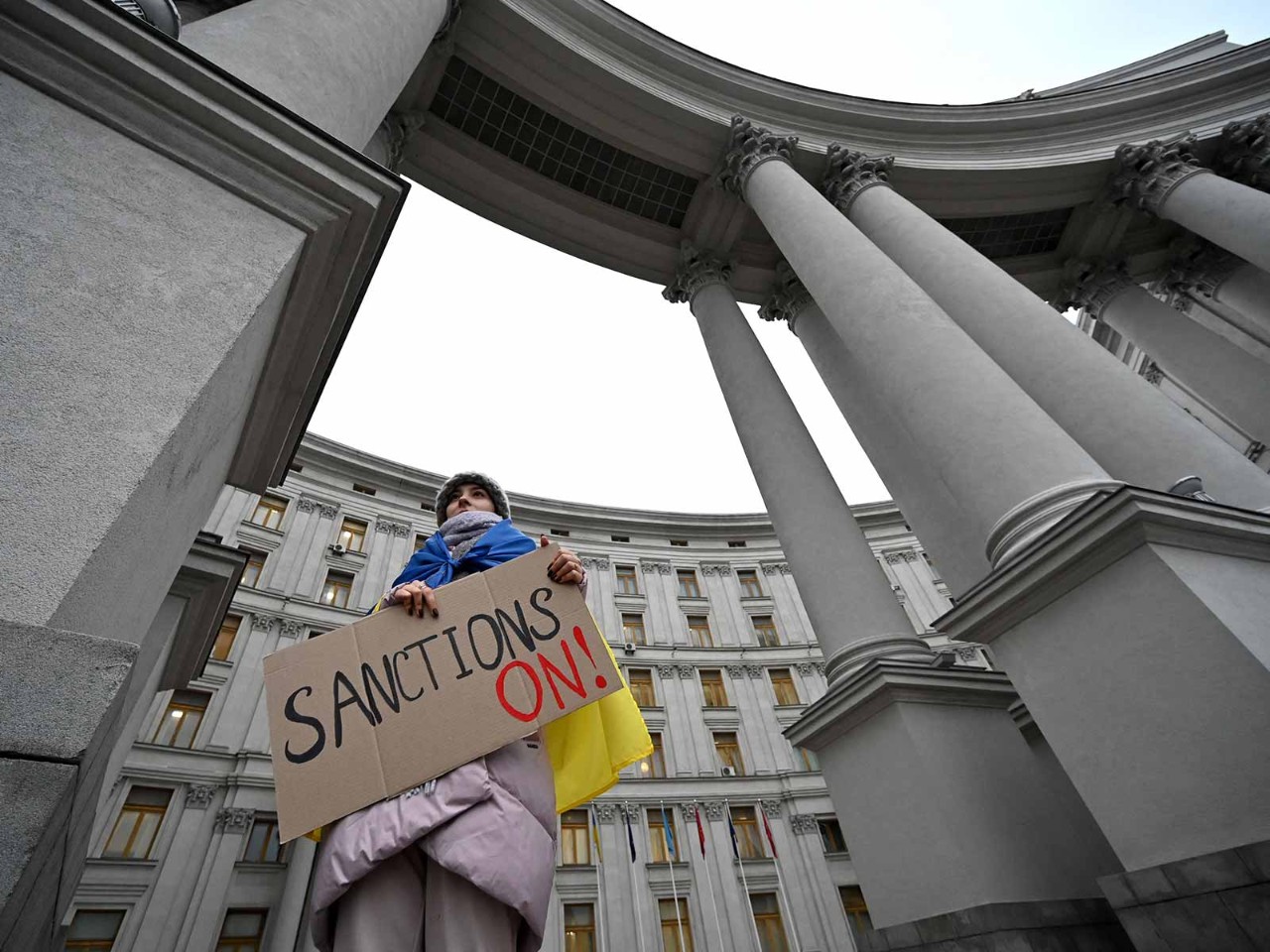
‘In a funny way, my life is all about growing,’ says Ross Howard FCCA about halfway through our conversation. As chief strategy and operating officer for UK markets at CBRE, the world's largest commercial real estate services and investment company, he is part of a team responsible for its growth agenda and operations in London and the UK.
At home, though, the work of this life-long horticulture enthusiast is more literal. In the past few years he has planted a woodland of almost 100 native trees and over 1,000 shrubs.
‘Growth is not a short-term phenomenon, it’s about the strategic angles’
CV
2019
Various roles at CBRE UK, now chief strategy and operating officer, and managing director of CaMKOx
2005
Various roles at JLL, rising to chief operating officer
2000
Commercial finance manager, Porter Novelli
1998
Financial controller, Alan Wagstaff & Partners
1996
Financial controller, Nursery World magazine

‘Perhaps once or twice a year I regret not going into horticulture as a career, but I wouldn’t change my life for the world,’ he says. ‘The woodland is good fun. It keeps me sane.’
Worldwide, CBRE generated revenues of nearly US$28bn in 2021 and has more than 105,000 employees in 100 countries.
In common with its rivals in the sector, the company has a voracious appetite for growth, which has been driven strongly by acquisition in recent years. Its residential division, which Howard joined in 2015 after being poached from UK property consultancy JLL, expanded from four people to 120 between 2012 and 2015. This history of acquisition, he adds, has created ‘a great entrepreneurial spirit’ at the business.
Strategic ambitions
As a young accountant, Howard aimed for commercial finance rather than a more traditional role in the profession. ‘I wanted to work in the front- rather than back-office,’ he says. For more than 20 years he has focused on operations and strategy, where he says his accountancy training has been invaluable.
‘Growth is not a short-term phenomenon, it’s about the strategic angles,’ he says. His growth agenda at CBRE, he adds, can cover anything from key hires to acquisition. ‘You have to understand the numbers and be well organised, and being an accountant helps with that.’
The key, he adds, is profit. ‘If a business of any size is making a profit, that can be translated into growth. Profit enables investment and if you can invest, you can grow. Profit is the sunshine that allows the business to grow.’
Back to growth
The past two years have been interesting time for the real estate sector. Howard points out that its impact has been uneven. ‘It’s been two years of ups and downs. Our business is quite diverse, so while some areas had a tough time, other sectors thrived.’
Demand for real estate advice from clients was high throughout, and the demand for logistics space exploded. ‘Now Covid is more under control, the growth agenda is back on the radar. We have capitalised on this, acquiring the commercial property agency VSL, which expanded our reach into one of the most burgeoning areas in the life sciences sector. In the UK, CBRE has completed three acquisitions in three months, which I have been intrinsically involved in.'
The acquisition of VSL gives CBRE a presence in Oxford, and sees Howard become managing director of CBRE's Cambridge–Milton Keynes–Oxford corridor, or CaMKOx.
As people start returning to offices, a debate is raging about the impact that changing working practices will have on cities. According to Howard, the signs are largely positive. CBRE predicts that office take-up in the UK will return to ‘historical levels’ in 2022, driven by healthy levels of job growth and the release of pent-up demand.
'Take-up of office space in the parts of the UK tracked by CBRE was 5.3 million square feet in Q4 2021, 3.2 million of which was in Central London, a significant increase in comparison to the same period in 2020.'
‘We are trying to provide the finest place to work’
Smart office
CBRE’s predictions for the commercial real estate market in 2022 put heavy emphasis on the importance of sustainability features in office space. ‘More flexible working patterns and the drive to attract employees back to the office will mean that occupiers place a greater emphasis on curating great “work experiences” through integrated space, technology and service,’ Howard explains.
As it happens, CBRE is able to practise what it is preaching. Shortly before the onset of the pandemic, it embarked on an ambitious project to extend and refurbish its UK headquarters, Henrietta House in London’s West End. The renovated building opened in November last year.
‘As a firm we work hard to develop and retain the best people, and as part of that we are trying to provide the finest place to work,’ Howard says. ‘It’s a landmark project that is designed to promote sustainability, wellbeing, productivity and collaboration.’
The building, which is now able to accommodate around 2,000 employees, allows CBRE to showcase its ESG (environmental, social and governance) credentials. The human-centred design is flooded with light, and amenities include two on-site wellness studios, outside terraces, facilities for new parents, a large staff café, an innovation studio and 260 cycle spaces. ‘And 3,000 potted plants,’ Howard adds.
‘There’s a fine line now between the place of work and home’
The building makes use of the latest technology with extensive smart features. Employees can monitor which areas of the building are busy in real time – and so avoid the coffee queue – and apps are used to monitor energy usage and air quality. Hi-tech meetings rooms are ideally suited to hybrid working.
‘The whole thing is designed to make everyone’s working life a lot easier,’ Howard says. ‘It was fortuitous rather than foresight on our part, as it was designed before the pandemic. But Covid has accelerated this trend by five to 10 years.’
Covid-19 may have changed our cities in the short term, but a new way of working and living is emerging. ‘There’s a fine line now between the place of work and home. It’s a natural evolution of the office.’

